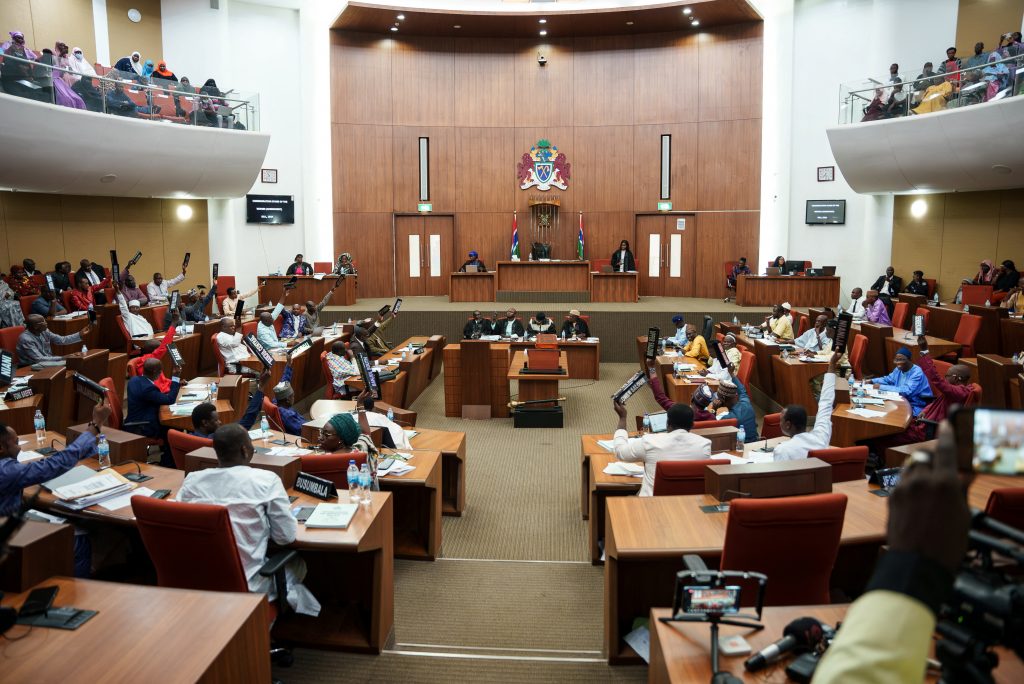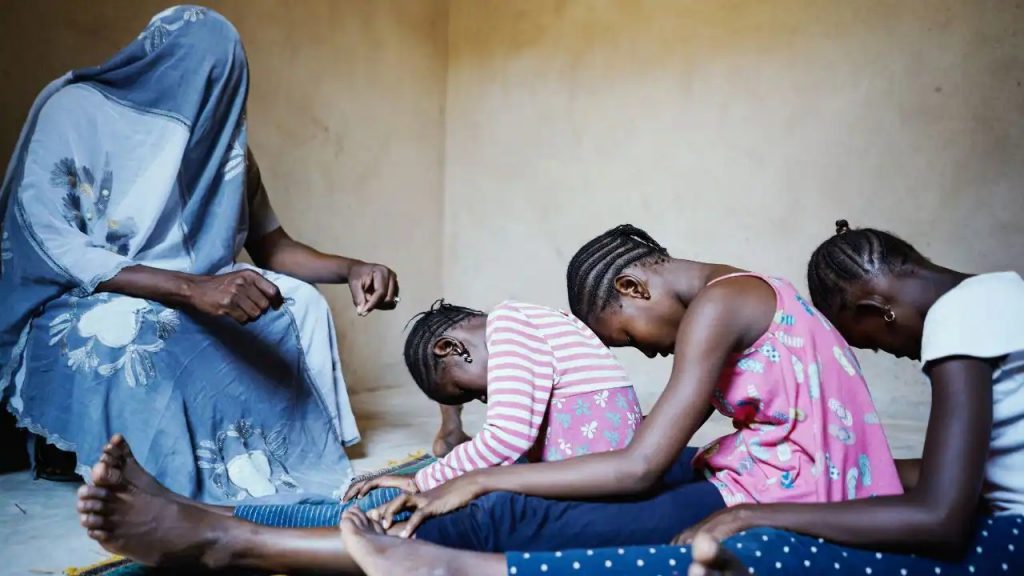Gambian lawmakers reject bill to overturn 2015 ban on FGM

The Gambia’s lawmakers have rejected a bill aimed at overturning the 2015 ban on female genital mutilation (FGM).
Speaker of Parliament Fabakary Tombong Jatta announced that a majority of MPs had voted against the bill even before its third and final reading, which was scheduled for later this month.
Human rights organizations and the UN had urged MPs to block the bill, introduced in March under pressure from some Muslim clerics.
The Gambia is among the ten countries with the highest rates of FGM, with 73% of women and girls aged 15 to 49 having undergone the procedure.
The draft law, tabled by Almameh Gibba, was rejected after MPs voted against all its proposed clauses.
Speaker Jatta stated that the bill had been “rejected and the legislative process exhausted,” preventing it from moving to the third reading.
Initially, the bill had gained majority approval in March, raising concerns that The Gambia might become the first country to overturn a ban on FGM.
In its most severe form, FGM involves the removal of the clitoris, followed by cutting and stitching the genitals closed, preventing women from having or enjoying sex.
The 2015 ban imposes fines and jail terms of up to three years for perpetrators, and life sentences if a girl dies as a result of the procedure.

Although FGM is banned in more than 70 countries globally, it continues to be practiced, particularly in Muslim-majority countries like The Gambia.
ActionAid, a rights lobby, warned that lifting the ban would jeopardize The Gambia’s progress in addressing violence against women and girls.
“We as campaigners fought tooth and nail to bring about a ban and an end to FGM/C,” said ActionAid Gambia women rights manager Binta Ceesay.
According to the UN, over 230 million girls and women worldwide have undergone FGM.
Source-BBC




